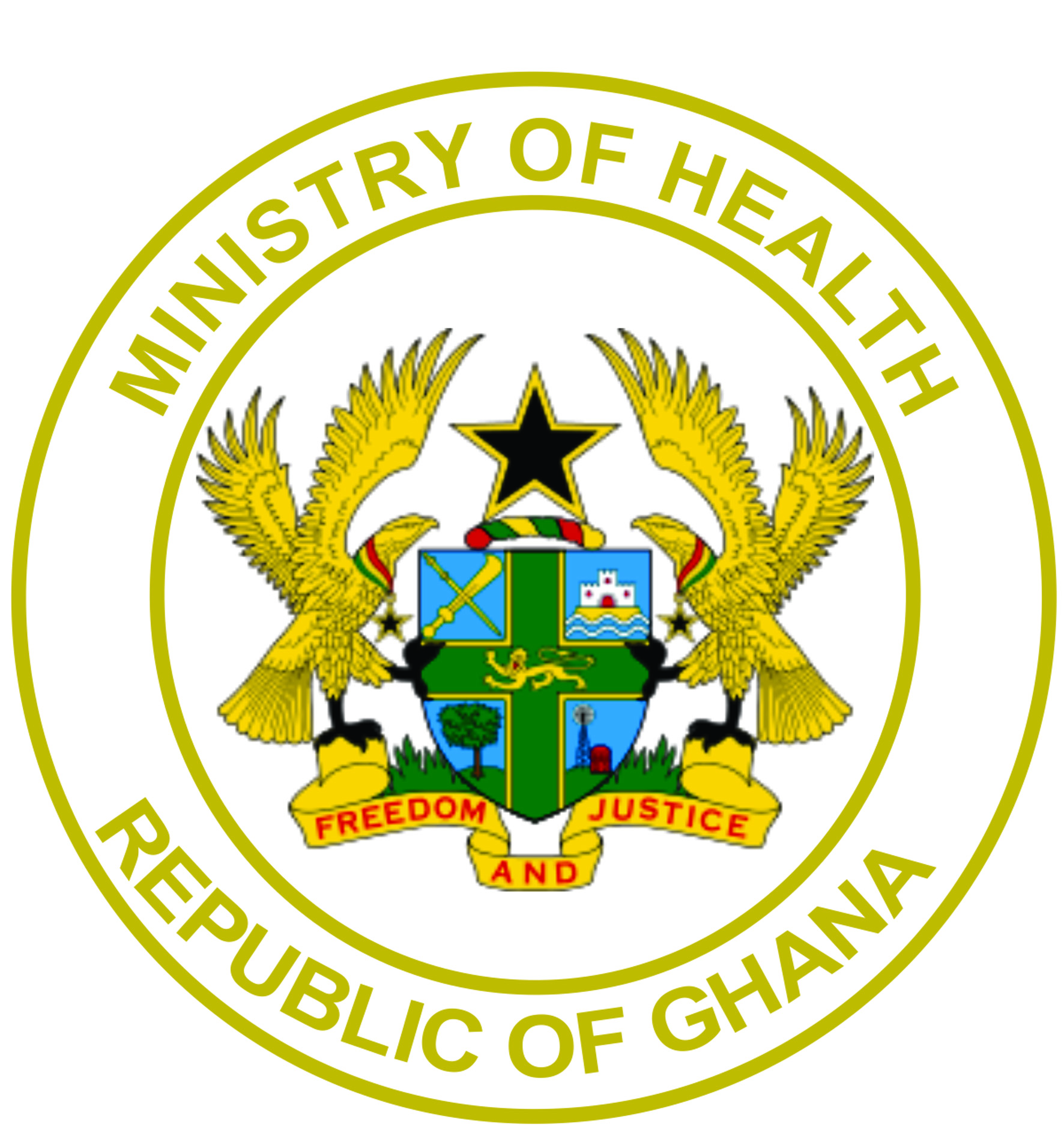- About Diabetes
- Premium Courses
- Free Courses
- Resource library
- GHU Training
- Login
- Register
Welcome to IDF diabetes training initiative, a pivotal component of the "Affordable Access to Diabetes Care" (AccesS Diabetes) program, a collaborative endeavor between the Health Ministries of Ghana and Nigeria, Sanofi, and the International Diabetes Federation (IDF). This initiative aims to enhance diabetes management in both countries by offering accessible care, raising public awareness, and facilitating education for both healthcare providers and people living with diabetes.
The online course is tailored for nurses, pharmacists, and community healthcare workers with a special interest in diabetes care. This comprehensive program consists of 11 modules covering a wide spectrum of topics, from diabetes diagnosis to prevention, management, and patient-centered care.
This course is accredited by the European Accreditation Council for Continuing Medical Education with 11 European CME (Continuing Medical Education) credits and is endorsed by the Ministry of Health of Ghana and the Government of Delta State Nigeria. On successful completion of the course, the participants will be awarded with an IDF Certificate and 11 European CME credits.
Complete your initial self-evaluation before starting the course module.
At the end of this module the learner will be able to:
At the end of this module the learner will be able to:
At the end of this module the learner will be able to:
At the end of this module the learner will be able to:
At the end of this module the learner will be able to:
At the end of this module the learner will be able to:
At the end of this module the learner will be able to:
At the end of this module the learner will be able to:
At the end of this module the learner will be able to:
At the end of this module the learner will be able to:
At the end of this module the learner will be able to:
Complete your final self-evaluation to continue.
An IDF ‘Certificate of Achievement’ will be awarded to learners who complete all course modules and pass the final assessment with a score of at least 80%. A ‘Certificate of Participation’ will be awarded to learners who score less than 80% in the final assessment after second attempt.
Please provide your feedback before continuing to print your certificate.
You can download and/or print your IDF Certificate.

Start your course and resume it whenever you want from your course progress bar.
Take your initial self-evaluation, complete all 11 modules and attempt your final self-evaluation.
Pass the final 50 multiple choice questions exam and get your IDF Certificate and 11 European CME credits.

Learners who complete all the course modules and the final assessment will receive an official IDF Certificate and eleven European CME credits.
An IDF ‘Certificate of Achievement’ will be awarded to learners who complete all course modules and pass the final assessment with a score of at least 80%. An IDF ‘Certificate of Participation’ will be awarded to learners who score less than 80% in the final assessment after second attempt.


This online course is supported by 
as part of the Affordable Access to Diabetes Care Program


11
12 hours
Approx. 4 weeks to complete
Suggest 3 hours/week
English
Free
Supported by

Self-paced flexible learning
Case studies
Download course module
Certificate
European CME credits (ECMEC)